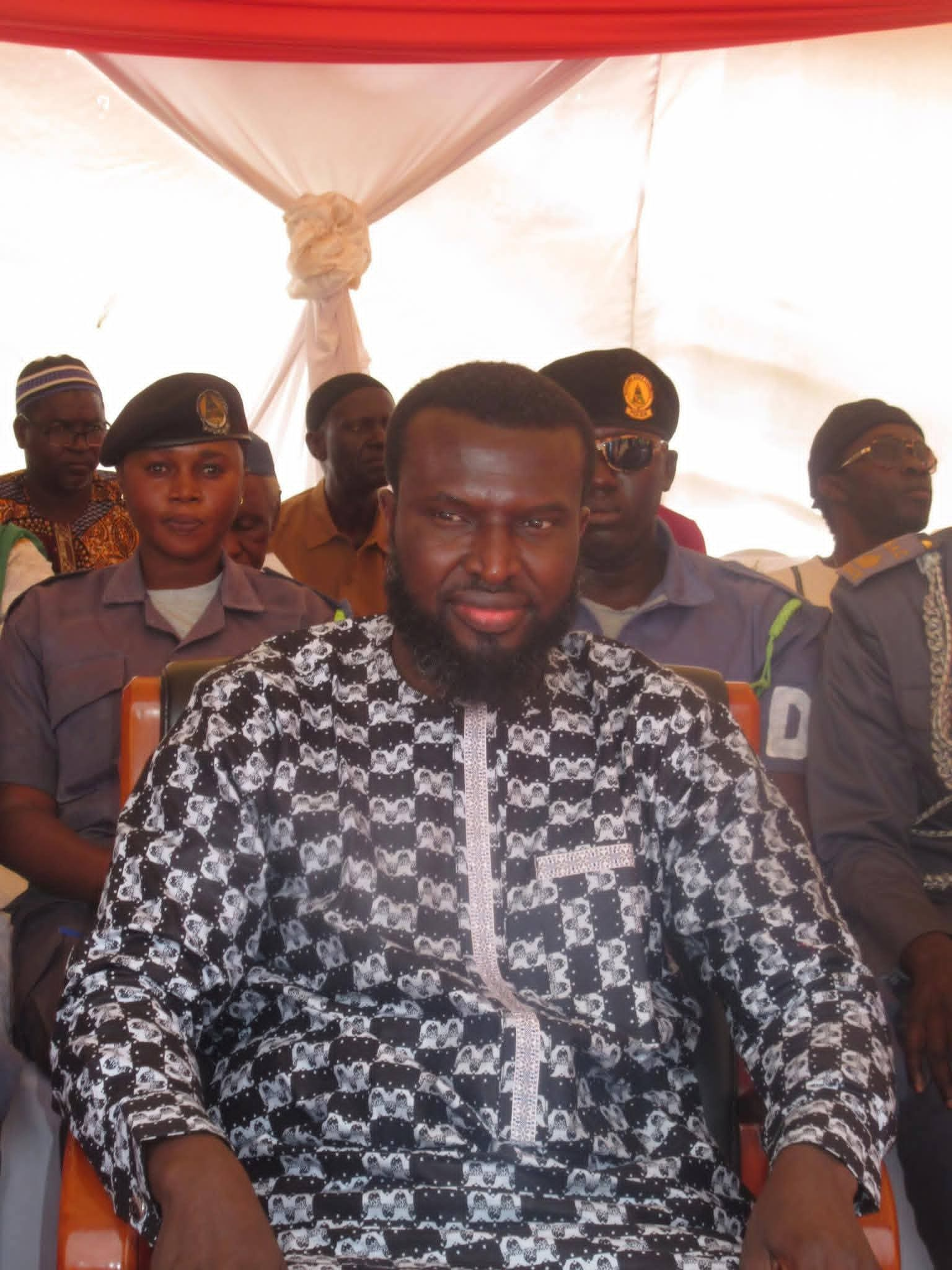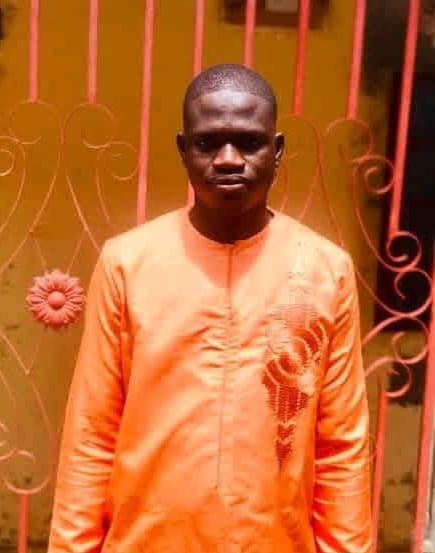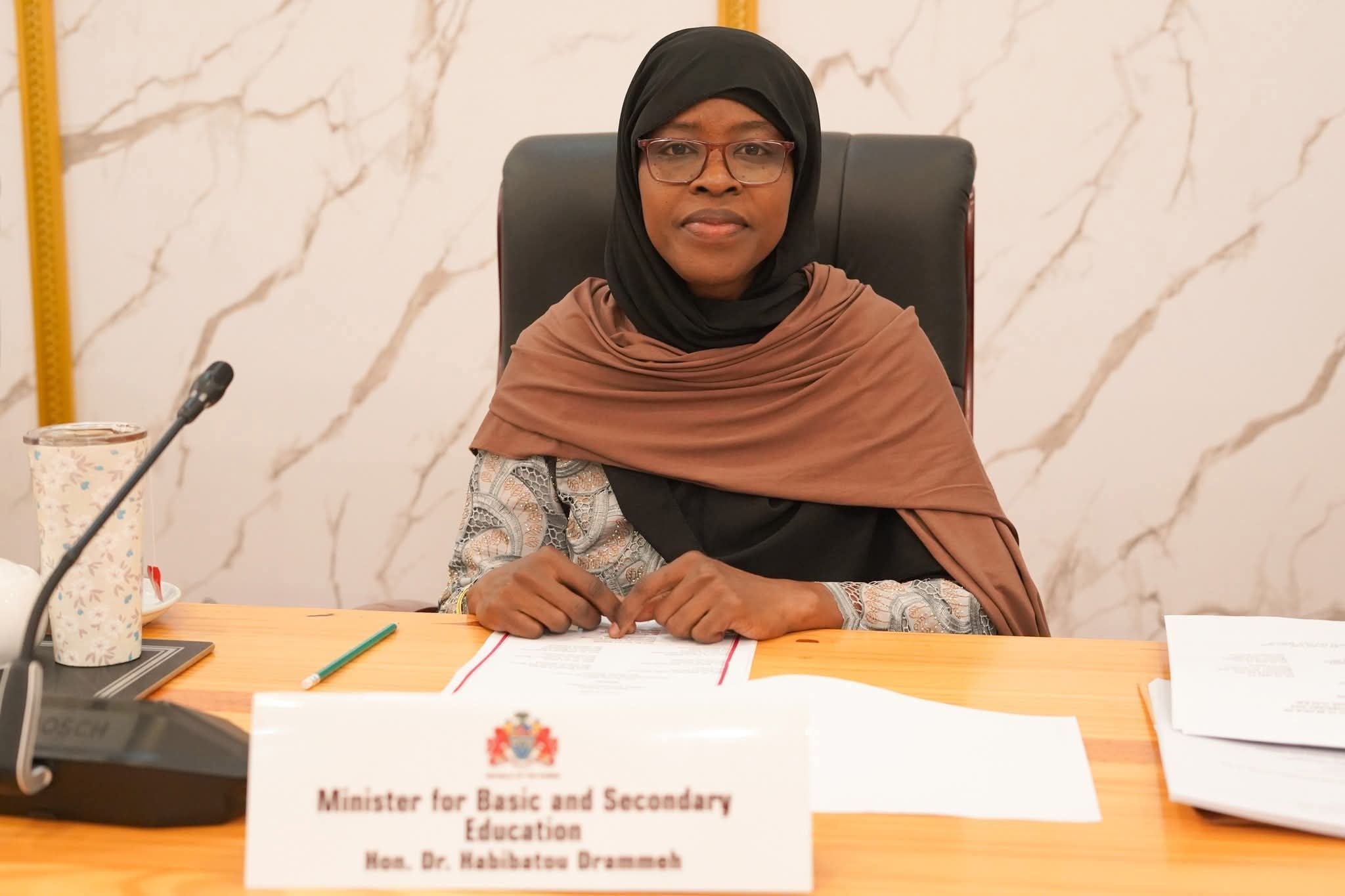The Gambia Press Union (GPU) condemns in the strongest terms the arrest of Momodou Justice Darboe, the Deputy Editor of The Voice Newspaper over a September 23rd story which claims President Barrow has chosen a successor as part of an exit plan.
Darboe and Musa Sheriff Hydara, the paper’s Editor-In-Chief, were called for questioning at the Police Headquarters in Banjul on Thursday September 26 and grilled separately for more than two hours, just a day after President Adama Barrow threatened the newspaper with a defamation suit.
The story in question, reviewed by the GPU, does not carry any defamatory statements. It upholds the principles of balance and fairness in news reporting as provided for in the Cherno Jollow Charter of Ethics for Journalists (the code of conduct for Gambian journalists) and had provided space to two senior officials of the President’s party, the National People’s Party, to reply to the claims. The paper also carried a story on September 24 in which the ruling party’s administrative secretary denied claims that the President Barrow has settled for a business tycoon as his successor.
Musa Sheriff was released on bail late Thursday evening and asked to report to the police on Friday September 27. The police also requested that he hands over his newspaper’s registration documents. Meanwhile, Darboe, who authored the story, was charged with “False Publication and Broadcasting” and detained overnight.
According to the police, the news story “allegedly contains misleading information intended to cause public alarm.” However, the GPU found nothing alarming about the report, and the Newspaper’s Editor-In-Chief has rejected the allegations after President Adama Barrow instructed his lawyers to issue an ultimatum that The Voice Newspaper “retract the article within 24 hours” and provide a “befitting apology to the president” or face a defamation suit.
“As professionals, we approached this story with the highest consideration of ethics and principles of journalism by contacting the mouthpiece and the deputy spokesman of the NPP, who were both quoted in the article,” Musa Sheriff said.
The “False Publication and Broadcasting” law, which is recommended for repeal by the ECOWAS Court of Justice in 2018, Gambia’s Truth Commission in 2021, and a government media law revied committee in 2018, is found in Section 181A of the Criminal Code. It is one of the laws used most against journalists during the country’s 22-year dictatorship.
Journalists could face up to a minimum one-year imprisonment and a fine of up to D250, 000 (over $3,644) for publishing anything that the government considers “false news”. A lack of knowledge that the information was false is not a defence, unless it is proven that adequate measures were taken to verify the accuracy of the information. In this case, the newspaper took adequate measures to verify the information with ruling party officials, and have not violated any law.
The GPU consider the threat of legal action as unnecessary and a threat to press freedom, and we call on President Adama Barrow to uphold his promises of press freedom, and demonstrate tolerance for freedom of expression. We urge him to drop the idea of a suit against The Voice Newspaper immediately.
“The GPU condemns these intimidating tactics employed by the Barrow government using the police as was the norm during the dictatorship,” GPU Secretary General, Modou S. Joof, said. “We also condemn the harassment of The Voice Newspaper staff who have done no wrong, and urge the police to drop all charges against Justice Darboe and release him from custody immediately,” Joof said.
We note that actions of the president and the Inspector General of Police run contrary to constitutional provisions such as Section 25(a) of the 1997 Constitution which provides that “every person shall have the right to freedom of speech and expression which shall include freedom of the press and the media”.
This freedom of the press is further strengthened by various international legal instruments such as the International Covenant on Civil and Political Rights (ICCPR), and the African Charter on Human and Peoples’ Rights. Article 19 of the ICCPR provides that: “Everyone shall have the right to freedom of expression; this right shall include freedom to seek, receive and impart information and ideas of all kinds, regardless of frontiers, either orally, in writing or in print, in the form of art, or through any other media of his choice.
“The GPU urges the President and the Inspector General of Police to reflect on these human rights guarantees under the constitution, and the country’s transitional justice objectives which aim at, among other things, ending attacks on freedom of the press and the media,” GPU President, Muhammed S. Bah, said.
“The GPU also calls on President Barrow to give due consideration and observance to the recommendations of the Truth, Reconciliation and Reparations Commission (TRRC) as they relate to the independence of the media including freedom of expression,” Bah said.
We note with concerns the Gambia government’s failure to fully implement TRRC recommendations relating to ending attacks on the media, media law reforms and ending impunity as Gambian journalists and media houses continue to suffer physical attacks and verbal threats – the later including from the president himself.


.jpeg)



